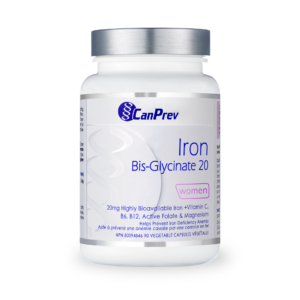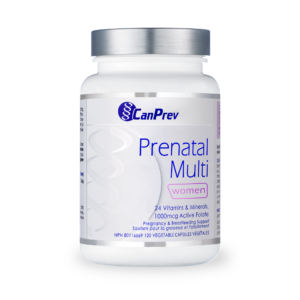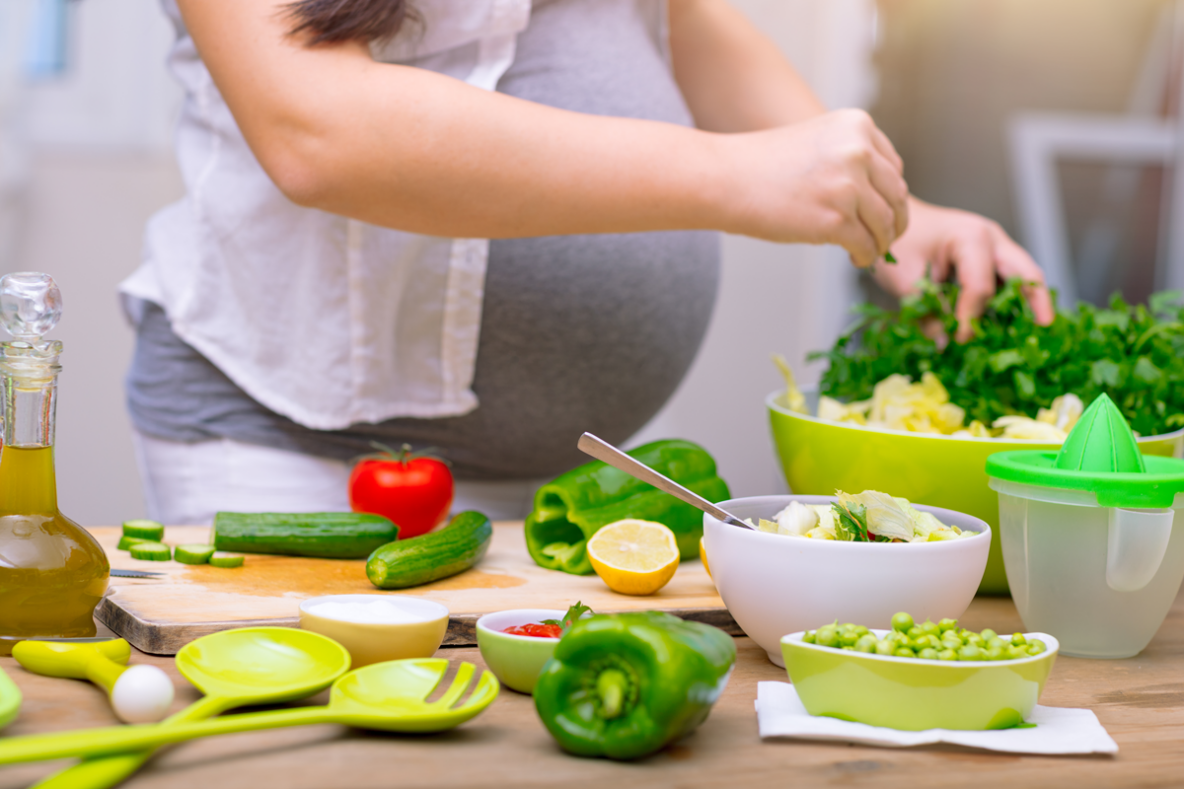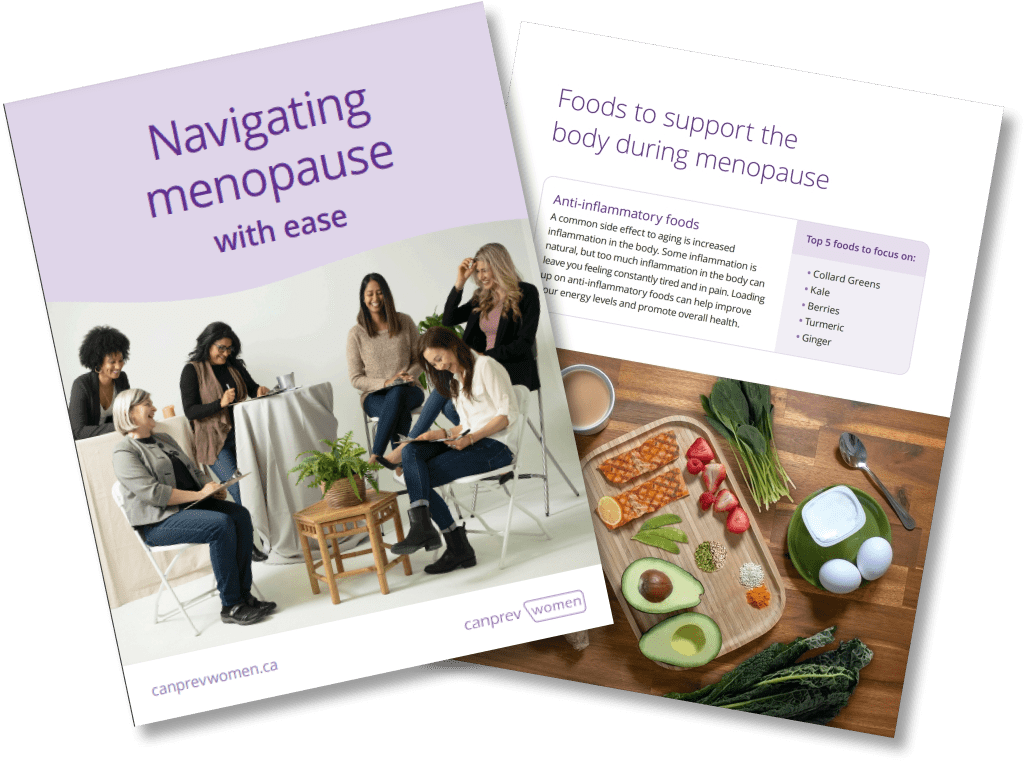Preparing your body for pregnancy can be a very exciting time! But it can also feel like a big task. From making sure you’re eating all the right nutrients to limiting foods that could potentially lower your chances of conceiving, there’s a lot to consider. We’ve put together a few nutritional tips to help guide you through this wonderful new chapter of your life. Let’s get to it!
What nutrients should you prioritize?
Pregnancy and preparing to conceive can demand a lot from your body. That calls for plenty of nutrients that both you and your baby will need for optimal health. Here are some nutrients to start prioritizing:
Choline
Choline is one of the nutritional building blocks for a healthy pregnancy. Our bodies use choline to make acetylcholine, which is an important neurotransmitter that forms the baby’s central nervous system. It’s also needed for proper liver and muscle function for the mom. Choline can be found in foods like eggs, grass-fed beef, organic chicken, and kidney beans.
Folate
Folate or folic acid is a B vitamin that’s known to help prevent major birth defects and support general growth and development of the fetus and placenta. Folate also plays a role in forming and maintaining your baby’s brain and spinal cord – which are very vital parts of a growing baby! You can increase your intake of folate by consuming more peanuts, dark leafy green vegetables, and orange juice.
Vitamin D & calcium
Vitamin D and calcium are two nutrients that work together very well within our bodies. When we have sufficient amounts of vitamin D, our bodies are able to make enough calcium for the body to use. Calcium is known to keep the reproductive system functioning smoothly and may even help you conceive faster by creating an alkaline environment in the reproductive tract, increasing the chances of sperm fertilizing the egg. On top of that, vitamin D and calcium are known to help develop strong bones and teeth for your growing baby. You can find these two nutrients in milk, salmon or cod liver oil.
Iron
We need iron to transport oxygen through our bodies, including delivering a steady supply to your baby. Not having enough iron in your body can increase the risk of your baby being born underweight or premature. Foods like spinach, lean red meat, poultry, dried beans, and peas are all great sources of iron. But when your body calls for more such as when you’re pregnant, reach for a supplement like CanPrev’s Iron Bis-Glycinate 20. This formula features iron bis-glycinate, a chelated iron that’s easy to absorb, gentle on the stomach and doesn’t cause gastrointestinal upset. Each 20mg capsule of elemental iron is formulated with vitamins C, B6, B12, and folic acid, which are all cofactors that help in absorbing iron.
Zinc
Last but not least, zinc is an essential mineral that our bodies can’t store. This means we need to replenish our zinc levels regularly through diet and supplementation. Zinc plays a role in DNA formation and the growth of cells within the body, which helps the baby’s growth and development. It’s also involved in egg production as well as hormone production and regulation, which all help promote healthy fertility. You can find zinc in oysters, grass-fed beef, lentils, sesame seeds and pumpkin seeds.
Are there any foods I should avoid?
When it comes to preparing your body for pregnancy, certain foods can get in the way of conceiving and harm the wellbeing of the little one growing within you. For example, while seafood can offer a variety of nutritious benefits, you should try to avoid fish that are high in mercury like mackerel and swordfish. Limiting these fishes can help reduce the risk of heavy metal toxicity. Additionally, to limit the risk of developing a listeria infection, which can cause mild flu-like symptoms, try steering clear of the following foods:
- Undercooked meat or seafood
- Deli meats
- Foods made with raw or lightly cooked eggs
- Unpasteurized soft cheeses
- Unpasteurized milk and juices
- Raw vegetable sprouts
While you don’t have to completely cut out caffeine from your daily routine, it’s a good idea to limit the amount that you consume. Excessive intake of caffeine has been linked to fertility problems and an increased risk of miscarriage, preterm delivery, and low birth weight. So, try to drink that coffee in moderation.
Do you need to take prenatal supplements?
 Taking prenatal supplements along with a healthy diet can help make sure that your body is getting all the vitamins, minerals, and nutrients it needs to support both you and your baby. If you’re just in the beginning stages of planning for a baby, consider reaching for a supplement like CanPrev’s Prime Fertility. This formula includes a therapeutic dose of myo-inositol to help support insulin sensitivity. Insulin sensitivity is a common factor behind PCOS, which can impact fertility while encouraging better egg quality and ovulation. This formula also features essential antioxidants like coenzyme Q10, pyrroloquinoline quinone and N-acetyl cysteine are added to help support cellular health and reduce oxidative damage.
Taking prenatal supplements along with a healthy diet can help make sure that your body is getting all the vitamins, minerals, and nutrients it needs to support both you and your baby. If you’re just in the beginning stages of planning for a baby, consider reaching for a supplement like CanPrev’s Prime Fertility. This formula includes a therapeutic dose of myo-inositol to help support insulin sensitivity. Insulin sensitivity is a common factor behind PCOS, which can impact fertility while encouraging better egg quality and ovulation. This formula also features essential antioxidants like coenzyme Q10, pyrroloquinoline quinone and N-acetyl cysteine are added to help support cellular health and reduce oxidative damage.
If you’re further along in your pregnancy journey, our Prenatal Multi is a great option. This multivitamin offers 24 highly absorbable vitamins and minerals, including folic acid, calcium, magnesium, and a gentle form of iron that helps nourish you and your baby.
Deciding to conceive is a huge milestone in your life! It can be a little overwhelming to make sure you’re doing everything you can to prepare your body for this next stage, but understanding and learning what your body needs will only get you closer to your goals. Happy prenatal prep!
The information in this article is not intended to be a substitute for professional medical advice, diagnosis or treatment. Always seek the advice of a qualified health professional regarding any questions about your medical condition. Do not disregard professional medical advice or wait to seek advice or treatment because of something you have read here.
Sources:
A 3-Month Guide to Preparing for Pregnancy
Nutrition During Pregnancy
Prepregnancy Diet: Best Foods to Eat When You’re Trying to Get Pregnant
Pregnant or Breastfeeding? Nutrients You Need
Pregnancy week by week
Are You Getting Enough Calcium to Get Pregnant?


